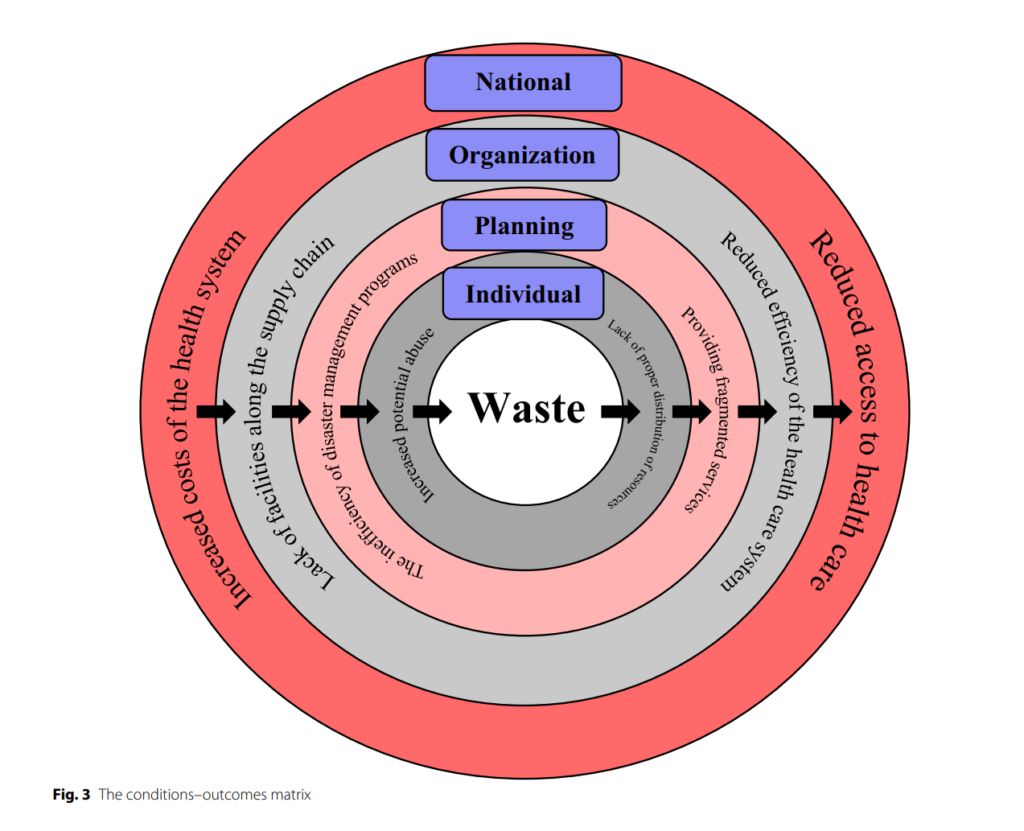
Medicines and medical supplies are crucial in maintaining human health, particularly during disasters when their availability can be significantly impacted. This is especially true in developing countries, where the provision of these supplies is a critical priority. Disruptions in the medication supply chain can lead to serious consequences, from loss of revenue for companies to endangering lives. This article explores the causes, strategies, and consequences of such disruptions, using the Kermanshah, Iran earthquake in 2018 as a case study.
The study found that “waste of time and resources” was the most critical issue in the medication supply chain during disasters. Strategies to reduce this waste, such as efficient resource management and the use of an up-to-date information system, were identified as crucial in increasing supply chain resilience. Sociocultural factors, as well as the need for planning and designing an appropriate disaster management structure, were also highlighted as significant underlying factors affecting the prevention of resource waste.
The study emphasised the need for effective disaster management planning, and the importance of a comprehensive needs assessment based on the region’s characteristics, including its epidemiological needs, disease, and demographic characteristics. Paying attention to sociocultural factors and developing localised policies under cultural conditions, social needs, and the level of acceptance and cooperation of the people of each region were also recommended.

To achieve resilience in the medication supply chain during disasters, health policymakers must seek applied and context-based strategies for decreasing the waste of resources. These strategies should include sociocultural interventions, preparing necessary information infrastructures, and improving coordination among the stewards and the community during disasters. Improving logistic operations and monitoring the coordination between the local need assessments and the pharmaceutical supplies and procurement are also essential steps in improving medication supply chain resilience.